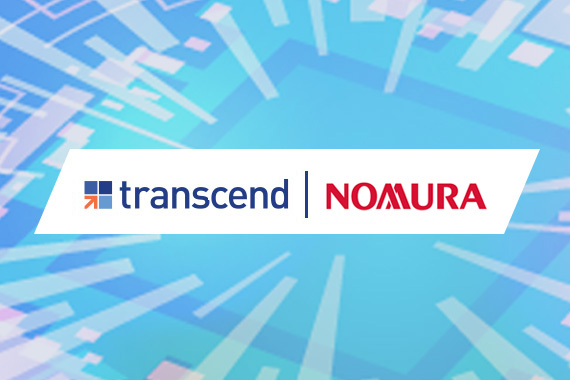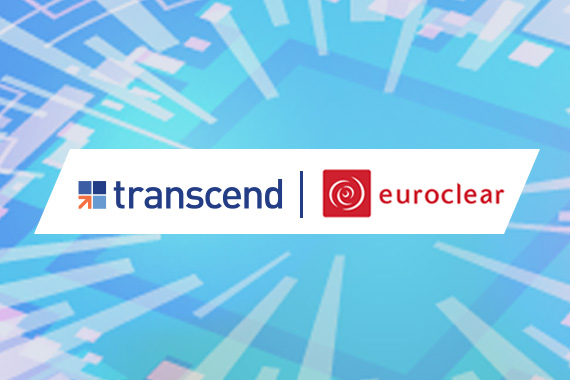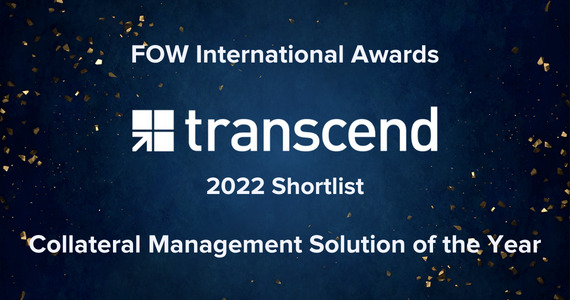Collateral Management Is Becoming a Core Capability for Insurers
Collateral management as a back-office or out-sourced process focused on periodic reconciliation is no longer a tenable strategy for most insurers. Margin volatility, tighter funding conditions and increased regulatory scrutiny have elevated collateral management into a core operational capability. Insurers are now expected to understand where collateral sits, how it moves and how risk requirements evolve in a timely manner as market conditions change.
Recent regulatory developments have reinforced this shift. One clear example is the collateral stress testing requirement introduced by the UK’s Prudential Regulation Authority (PRA). While the PRA framework applies directly to UK-regulated insurers, it reflects a broader regulatory expectation. Supervisors are increasingly focused on whether firms can manage collateral risks in practice, not just analyze them in isolation. Strong day-to-day collateral management is now the foundation for meeting both operational and regulatory expectations.
What Good Collateral Management Looks Like Today
Effective collateral management starts with visibility. Insurers benefit from a consolidated view of exposures, margin requirements, collateral positions and available liquidity across counterparties and portfolios. This foundation supports more informed analysis and decision-making.
Best practices also emphasize consistency. Margin methodologies, eligibility rules and settlement processes that reflect how collateral behaves under normal market conditions help reduce complexity and improve confidence in outcomes. As markets evolve, aligning processes more closely with operational reality becomes increasingly valuable.
Most importantly, collateral management should support timely decision-making. The ability to anticipate funding needs, manage collateral usage efficiently and adjust positions proactively allows teams to operate with greater flexibility as conditions change.
Why Timely Collateral Management Matters
As margin calls become more frequent and funding conditions tighten, having timely visibility and decision-making capability creates clear advantages. Insurers that streamline collateral workflows can respond more efficiently, optimize collateral usage and manage liquidity with greater precision.
These improvements help control funding costs, enhance margin flexibility, and strengthen counterparty relationships. Over time, they also support more constructive engagement with regulators.
This is where regulatory exercises such as stress testing add value. Stress scenarios help highlight how everyday collateral management processes perform under pressure and where additional refinement can deliver benefits.
The PRA requirement is best viewed as a signal rather than an end goal. It underscores the importance of robust, repeatable collateral management practices that extend beyond periodic reporting.
Insurers with well-aligned collateral frameworks often find regulatory stress testing easier to produce, explain, and maintain. For others, regulatory requirements can serve as a useful catalyst to enhance existing processes and strengthen governance over time.
How Transcend Supports Collateral Management Best Practices
Transcend helps insurers enhance collateral management by integrating analytics, stress testing and operational workflows into a single framework. Rather than treating regulatory exercises as standalone tasks, insurers can align them with how collateral and liquidity are managed day to day.
This approach supports clearer insight into margin behavior, more efficient collateral usage and better-informed funding decisions. Stress testing becomes a supporting capability that reinforces the strength of existing processes rather than an additional reporting burden.
For UK insurers, this supports PRA expectations. For insurers globally, it provides a scalable approach aligned with modern collateral management best practices.
Turning a Regulatory Trigger Into a Strategic Advantage
The PRA requirement may be the immediate catalyst, but the opportunity is broader. Strong collateral management supports better liquidity planning, reduces operational complexity and enables more confident capital decisions across market cycles.
Insurers that use this moment to refine and strengthen collateral management practices will be well positioned to respond to market change, engage constructively with regulators and manage funding pressures as conditions evolve.
If you want to understand how Transcend supports collateral management best practices and embeds regulatory requirements into everyday operations, talk to us about building a practical, repeatable approach to managing collateral and liquidity risk.









